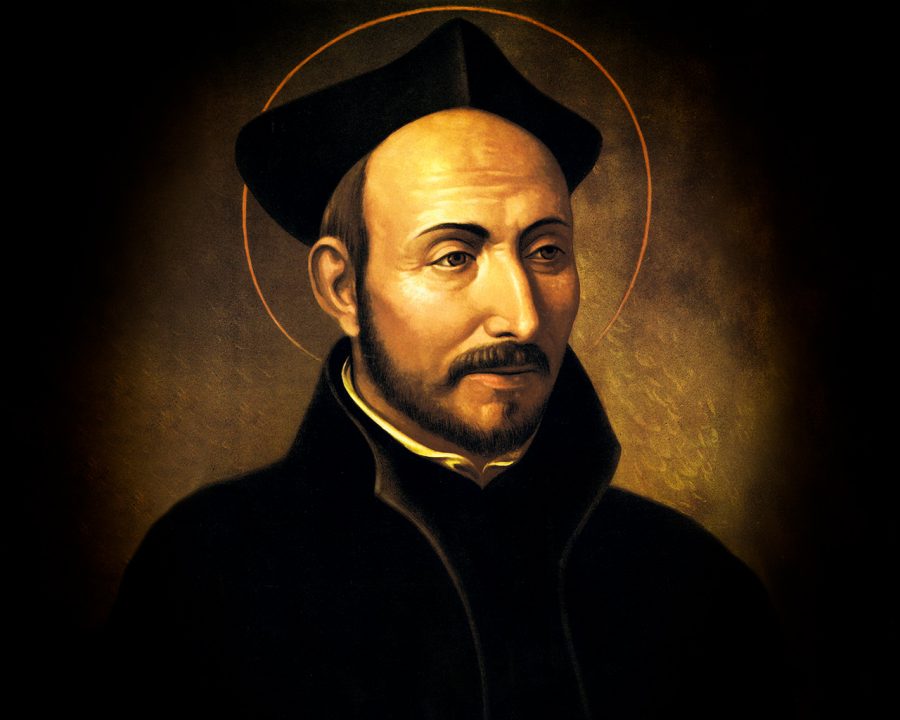On Oct. 28, Emily Kane, the assistant director for social justice of Loyola’s Campus Ministry, hosted an in-person Leadership Café in Maryland Hall. Kane discussed her development as a leader following her graduation from Loyola, and how her experiences in El Salvador and Ecuador allowed her to become more involved with Ignatian spirituality. Open to all students, the event involved a brief introduction and overview by Kane, a short slide presentation, two handouts for attendees, and a Q&A session.
Kane earned her bachelor’s degree in psychology and gender studies from Loyola University Maryland, and she just recently obtained her master’s degree in social justice at Loyola University Chicago.
Before coming to Loyola, Kane said that she “did not know about Baltimore or the Jesuits,” and had more interest in academics and the security of her scholarship. However, upon further exploration of her spirituality, she encountered the Ignatian spirit, which she defines as “finding God in all things, not just in the Church.”
Following her graduation from Loyola University Maryland, Kane discussed her immersion experience with the Center for Community, Service, and Justice (CCSJ) to El Salvador for 10 days, where she learned about the history of the Jesuit martyrs.
The “Salvadoran government’s oppression of the Jesuits, who gave their lives for what they believed in,” she said, was an emotionally profound and incredibly informative event for Kane, furthering her understanding of the Jesuits and their place in history and in her own life.
A similar spiritual experience occurred during Kane’s year of service in Rostro de Christi Guayaquil in Dúran, Ecuador, where she worked with neighborhood youth at an after-school program. “The relationships that I built with those neighbors,” she said, “are, by far, the strongest and most special relationships” that she has built.
It was Kane’s discovery of and investment in Jesuit values that ultimately defined who she is, and helped her solve issues and create new ideas in her day-to-day life.
Additionally, Kane taught attendees about the Ignatian pedagogy cycle, which she defines as a “method or practice of teaching” Ignatian values, and consists of five components that are meant to be applied every day: Context (the who), Experience (the what), Reflection (the why and how), Action (what is next), and Evaluation (how well). This practice, Kane argued, allows Ignatian citizens to be “contemplative in [their] actions,” as “what we value is being intentional, slowing down, and being able to reflect what’s going on around us.”
Before a brief question-and-answer session, Kane closed the event by handing attendees a print-out of a poem by Father Ken Untener, Prophets of a Future Not Our Own, where Fr. Untener writes:
“[The kingdom] may be incomplete, but it is a beginning, a step along the way, an opportunity for the Lord’s grace to enter and do the rest. / We may never see the end results, but that is the difference between the master builder and the worker. / We are workers, not master builders; ministers, not messiahs. We are prophets of a future not our own.”
Check back with The Greyhound for additional coverage of department-sponsored events.
Featured Image courtesy via HipWallpaper


















































































































